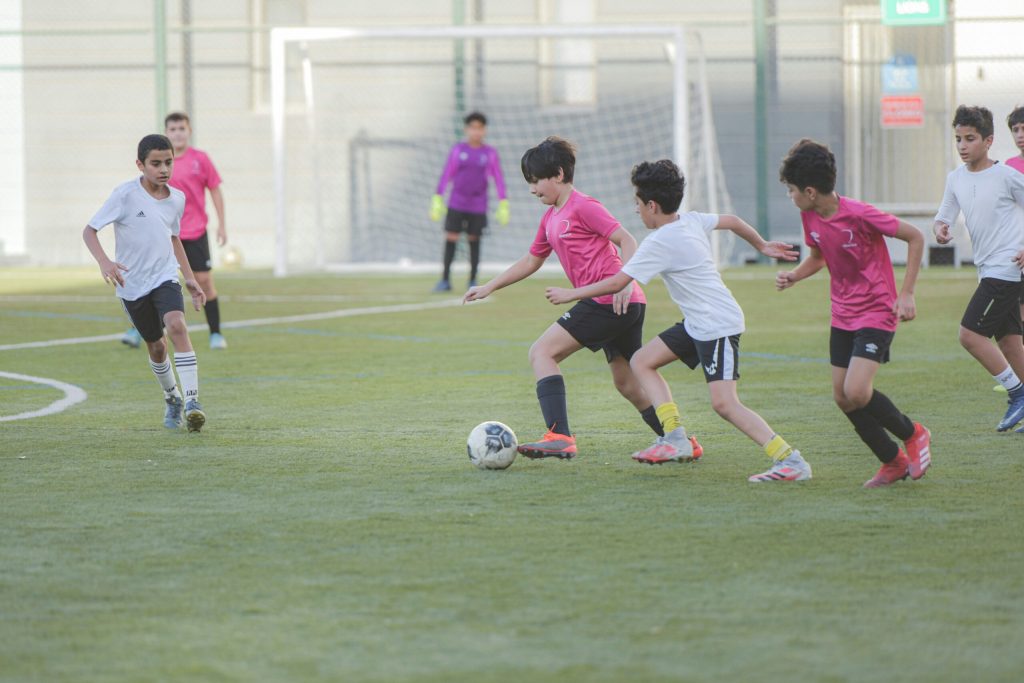Why Participation in Sports Matters for Students of All Ages
Published 4:10 pm Thursday, September 19, 2024
|
Getting your Trinity Audio player ready...
|
Sports have long been recognized as an essential component of student life, providing more than just a means to stay physically active. For students of all ages, participation in sports offers a variety of benefits that extend beyond the playing field. Whether in elementary school, high school, or even college, engaging in sports helps shape young minds and bodies in ways that positively influence academic performance, social development, and overall well-being.
This article will explore why participation in sports matters for students across all age groups, highlighting the physical, mental, and social benefits that come with regular involvement in athletics. We’ll also discuss how these benefits extend into academic performance and life skills, showing that sports play a crucial role in the holistic development of students.
Physical Health Benefits of Sports Participation
One of the most immediate and apparent benefits of sports participation is its positive effect on physical health. For students, regular involvement in sports promotes fitness, helps maintain a healthy weight, and supports cardiovascular health. Physical activity through sports not only keeps children and young adults active but also reduces their risk of developing lifestyle diseases such as obesity, diabetes, and hypertension later in life. The habits formed during youth are often carried into adulthood, making early participation in sports an important foundation for a healthy lifestyle.
Moreover, the physical demands of sports participation teach students about perseverance and resilience. Whether it’s pushing through the final lap of a race or recovering from an injury, sports instill a sense of determination that can positively affect other areas of life. In some cases, students who may struggle with managing their academic workloads can find relief by delegating certain tasks, like choosing to pay for a research paper WritePaper when academic demands become overwhelming. Balancing sports and academics is crucial, and sometimes professional help is needed to keep everything in check.

Mental Health and Emotional Well-being
Beyond the physical advantages, participation in sports offers significant mental health benefits. For students of all ages, engaging in regular physical activity has been shown to reduce symptoms of stress, anxiety, and depression. Exercise triggers the release of endorphins, chemicals in the brain that boost mood and promote relaxation. As a result, students who participate in sports often experience improved mental clarity, emotional resilience, and an overall sense of well-being.
Building Discipline, Time Management, and Responsibility
Engaging in sports helps students of all ages develop essential life skills, particularly in the areas of discipline, time management, and responsibility. Regular practice schedules, competitions, and academic obligations force student-athletes to manage their time effectively, ensuring they meet both athletic and academic commitments. This discipline becomes even more critical as students grow older and face more complex academic challenges.
The structure provided by sports also teaches responsibility. Student-athletes learn to be accountable for their actions, whether it’s showing up to practice on time, completing their training, or staying on top of schoolwork. These responsibilities help shape students into well-rounded individuals who understand the importance of dedication and hard work, skills that are crucial for both academic success and future careers.
Academic Performance and Cognitive Benefits
There is a growing body of evidence that suggests sports participation positively impacts academic performance. Physical activity improves cognitive function, memory, and concentration, allowing students to focus better in class and retain information more effectively. Studies have shown that students who are physically active often perform better on standardized tests and in their overall academic achievements.
Moreover, the mental discipline gained from sports—such as goal-setting, perseverance, and managing stress—transfers directly to the academic environment. Student-athletes are often better equipped to handle academic pressures, meet deadlines, and perform well under the stress of exams. The focus and concentration required during sports competitions can sharpen students’ minds, allowing them to excel in both athletics and academics.
Conclusion
In conclusion, sports participation offers a multitude of benefits for students of all ages, extending far beyond physical fitness. From improving social skills and teamwork to fostering discipline and time management, sports play a vital role in shaping students’ overall development. The cognitive benefits gained from regular physical activity also contribute to better academic performance, showing that sports and education go hand in hand.




